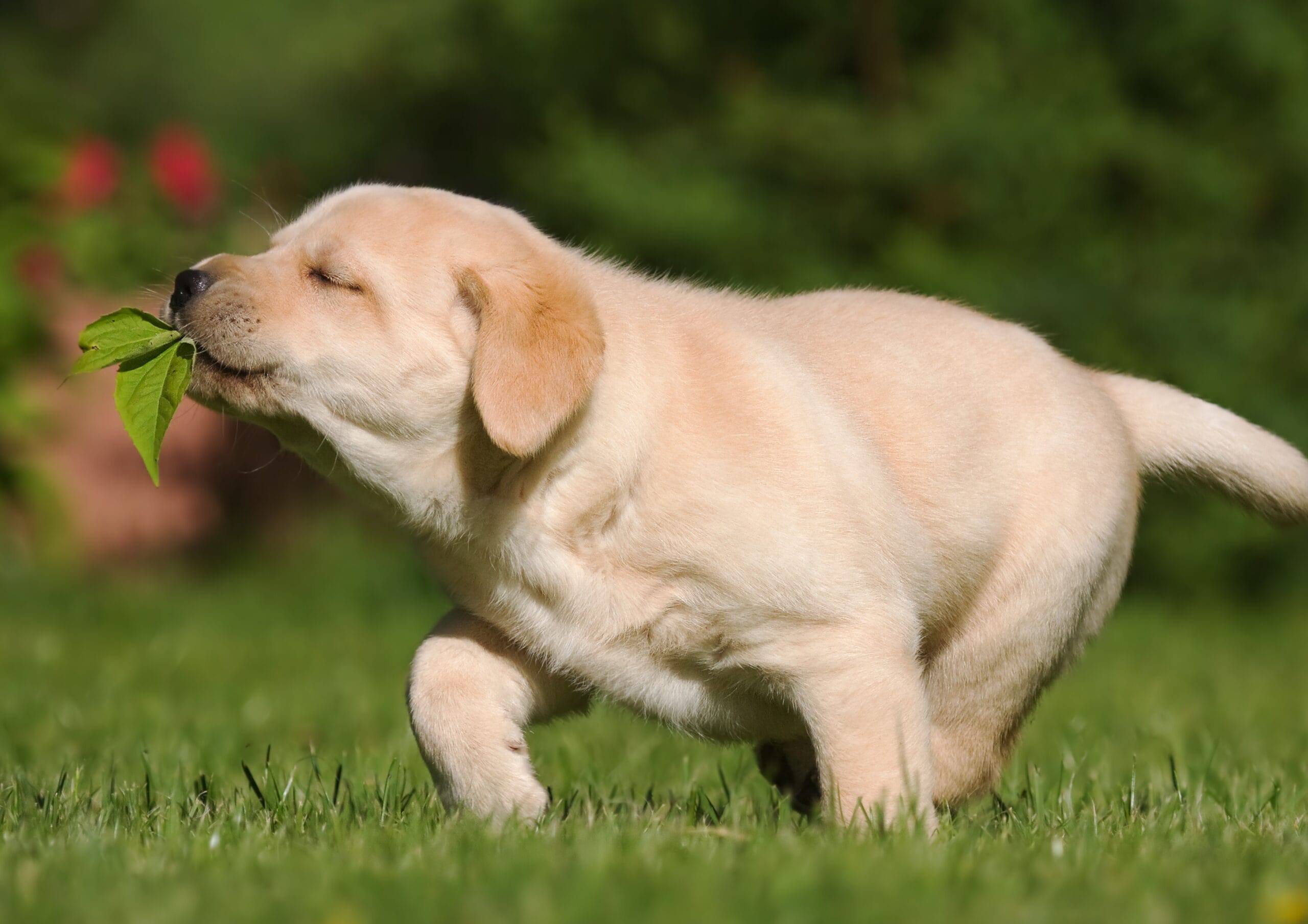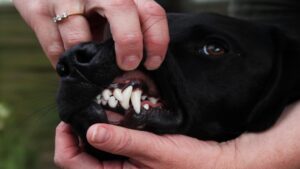Labs-The Wanted Companions that are popular all over the world. They are kept as army dogs, police dogs and they make good companions with their owners and even more. They are almost perfect breeds, which means they are perfect in almost everything. What is the thing that keeps this breed away from being fully perfect? -The thing is “eating habits”. Yes, labs eat so much that they grab food from your kitchen, hands, dining tables and sofas and you wouldn’t even know where the food goes. Labs can sometimes eat non- edible things thinking there might be some food in them. But what causes them to be so hungry? Is the only reason being gene mutation? Or there might be other reasons too.
Science behind why Labradors are always hungry
According to my research about this topic, I found that, in 2016, a team of scientists in Cambridge, UK discovered that labs have a mutation (disorder) in their gene that makes them so hungry and foodie that they find food in non-audible things. This gene mutation affects the production of a hormone called POMC (pro-opiomelanocortin). This hormone has the work for regulating appetite and levels of their energies.
This mutation works by reducing the production of the hormone called POMC, which causes an increased hunger. It eventually decreases the level of satisfaction. This gene mutation not only differs from Labradors from other dogs but also is the most common in them.
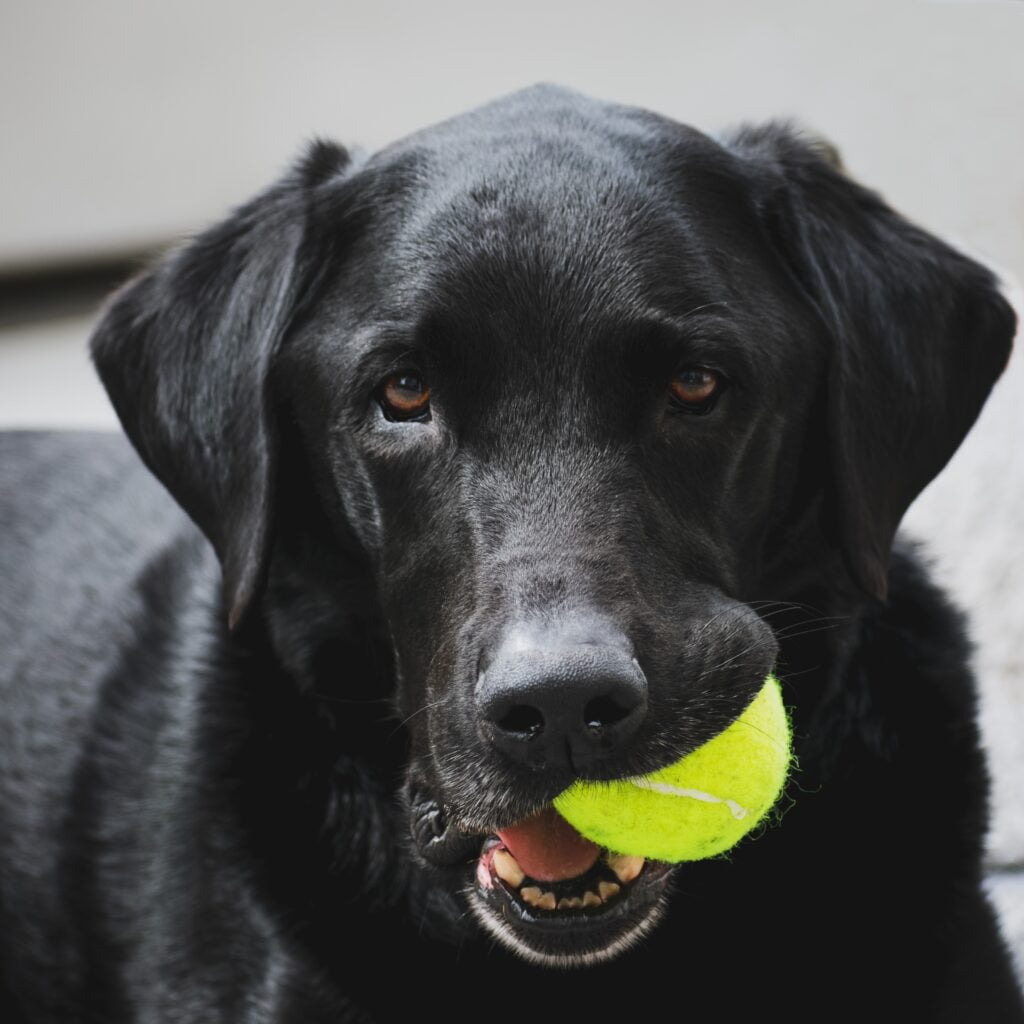
But always remember that all Labradors with this gene mutation will not be the target of obesity at other lifetime health problems. This is proved by the same team of scientists in this study mentioned earlier by saying that around 23% of Labradors carry at least one or two copies of the gene that is mutated, or you can say the copy of disordered gene hormone and around 10% of the other dog breed carry the real mutation or disorder.
More reasons behind Labradors hunger
It is not important that if a Labrador eats more, he always has the copied mutated gene or the actual mutated gene. There can be other reasons also like physical reasons, mental reasons, and more. So, now let us talk about the other reasons behind Labradors hunger:
👉 Poor diet:

A lab who is served less food as compared to his actual need, he will be left unsatisfied and searching for more food.
👉 More physical workouts:
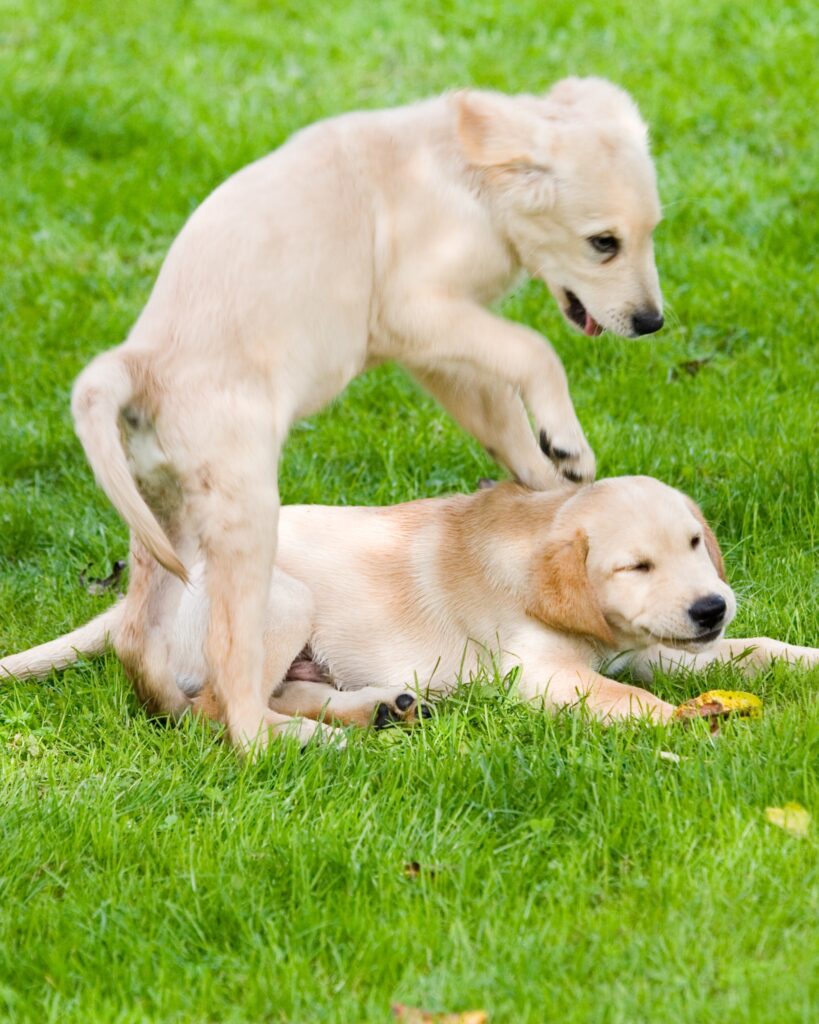
If a lab does more physical workouts, then you should give more food to get his energy back.
👉 Anxiety or boredom:
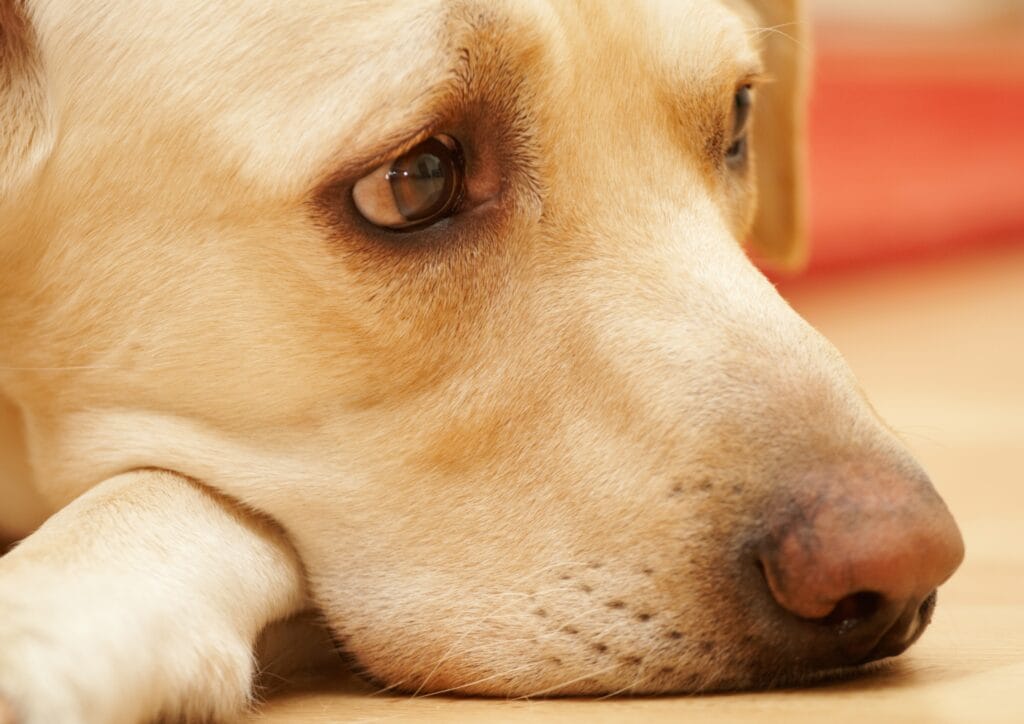
If a lab is suffering from anxiety or boredom, who will cheer himself up with some food.
👉 Begging behavior:
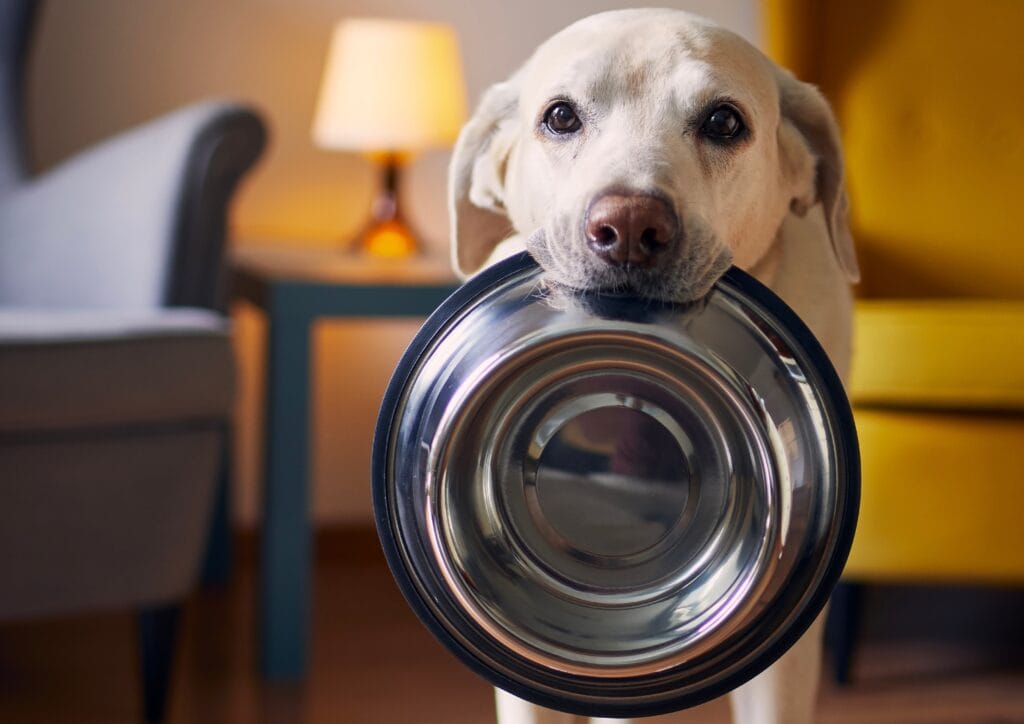
When the lab was younger and he had been rewarded with treats or food when he is begging, then he will surely continue that behavior when he gets older.
👉 Medical conditions:

Certain medical conditions like diabetes mellitus, hypothyroidism, Cushing’s disease can cause hunger and intestinal parasites can also cause an increase in appetite.
👉 Habits of overfeeding:
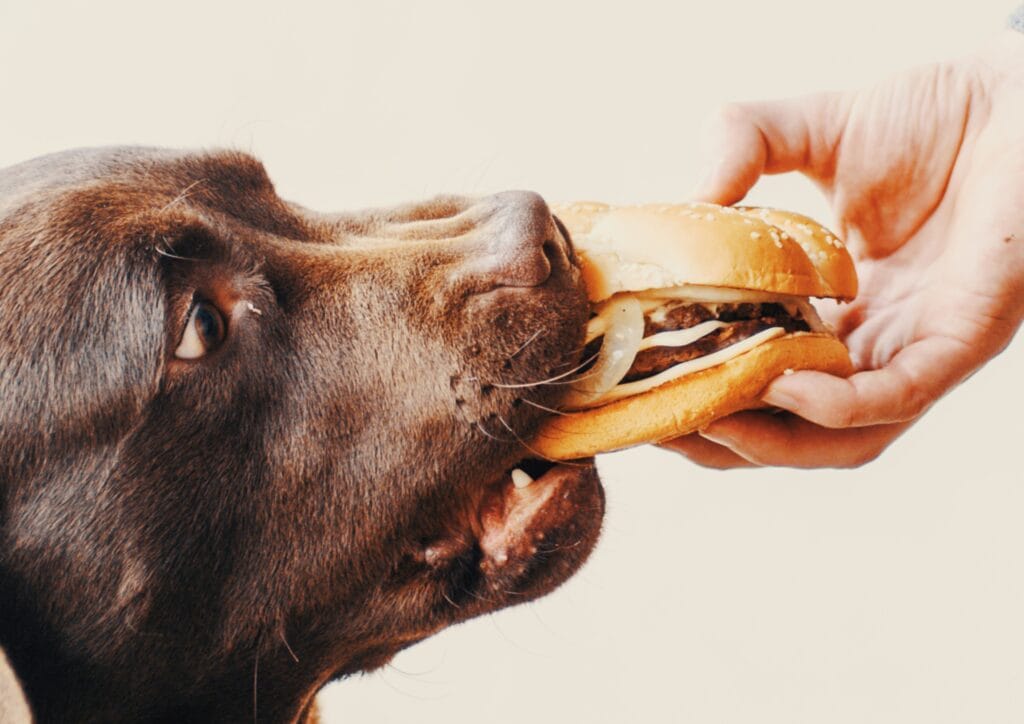
If you overfed him from a younger age beyond his needs, he would surely beg for more food beyond his needs when he gets older.
👉 Historical reasons:

Labs were bred for fishing in the past and he was often rewarded with his favorite food. So, the begging of treats and food can be historical.
👉 Lack of fiber in diet:
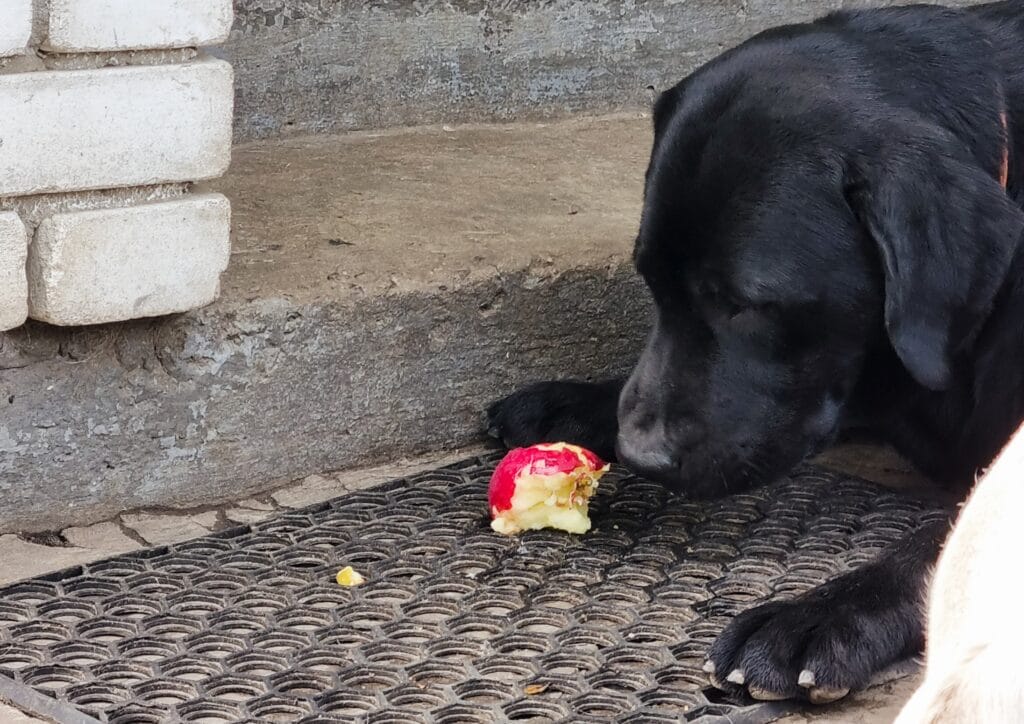
If fiber is not given as much as his needs, it will not make him full even after having proper meals.
👉 Metabolism changes and aging:

Older Labradors have a slow metabolism (a process that converts food into energy) but unchanged hunger, so this can lead to more hunger.
👉 Environmental factors:
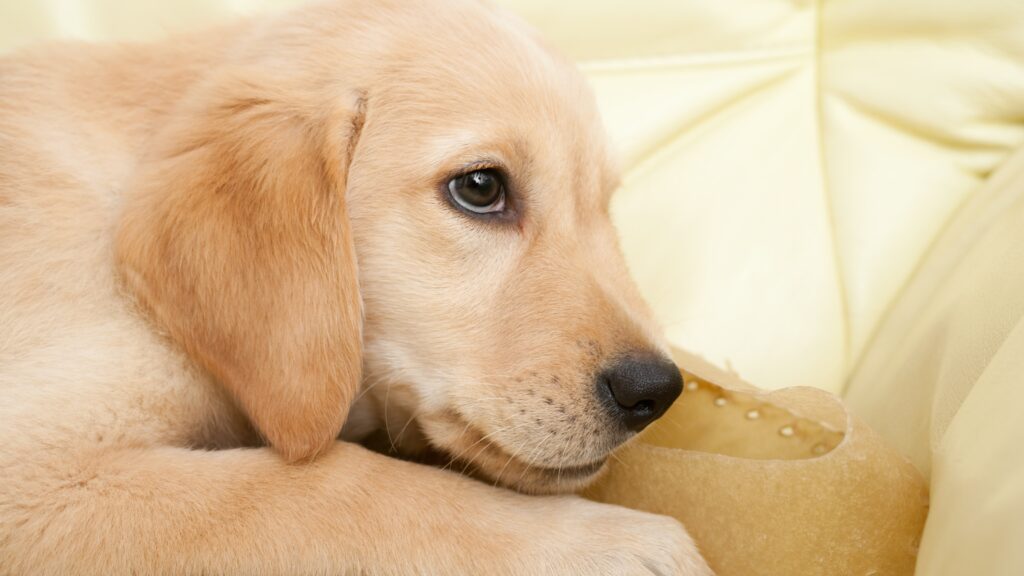
When food’s smell reaches the Labrador’s nose or when his eyes see someone eating delicious food, he gets triggered and might beg for more food even though he is not hungry.
When to consult the vet about your Labradors eating habits?
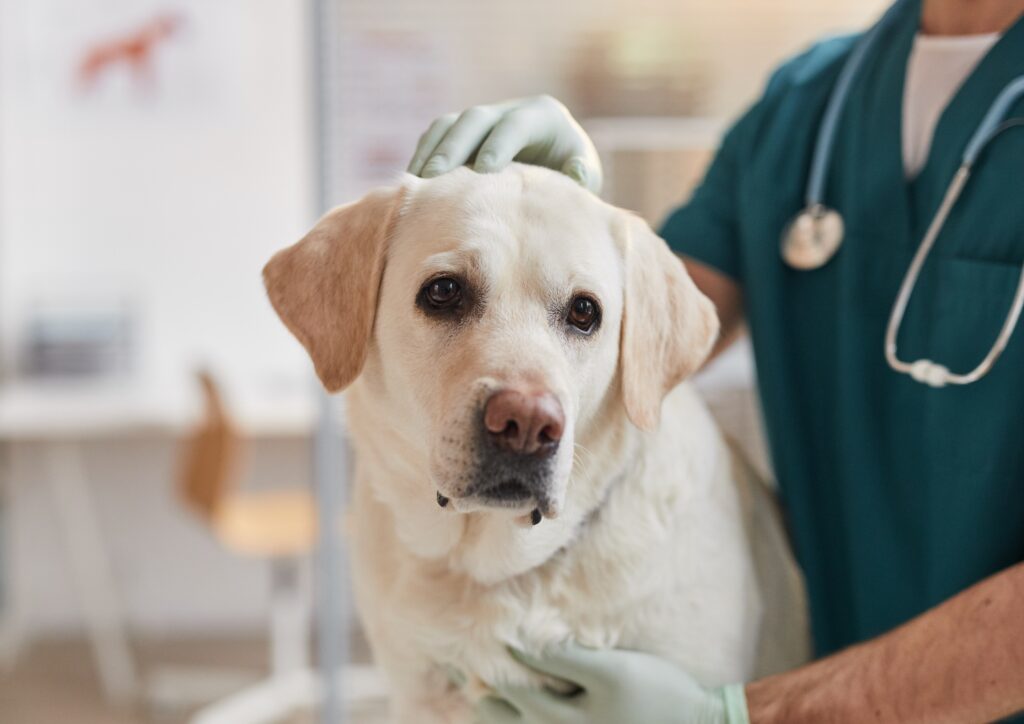
You should consult the vet about your Labradors’ eating habits when:

- Eating more food than usual
- Eating less food than usual
- Weight loss unexpectedly
- Weight gain unexpectedly
- Vomiting or diarrhea after eating
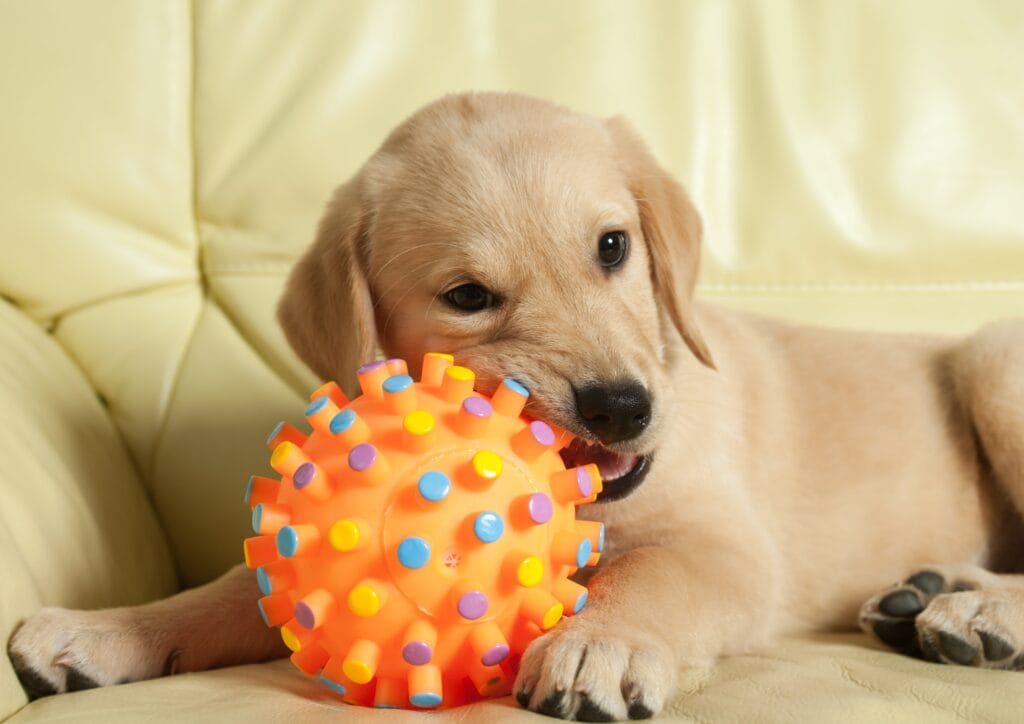
- Swollen abdomen after eating
- Eating non- edible items
- Shows stress while eating
- Difficulty in swallowing and chewing
- Bad breath

- Overly possessive of food
- More drooling
- Thirstier than before
- Changes in eating habits of senior labs
Conclusion
Now, in short, the whole article was about the gene mutation of POMC, that increases hunger and decreases the energy levels of Labradors. The gene mutation is very common in Labradors. Some labs may also have copied mutated genes. If a lab eats more, then it is not necessary that he has gene mutation but can also be because of other reasons.
Thank you for reading this article and stay tuned for more!

